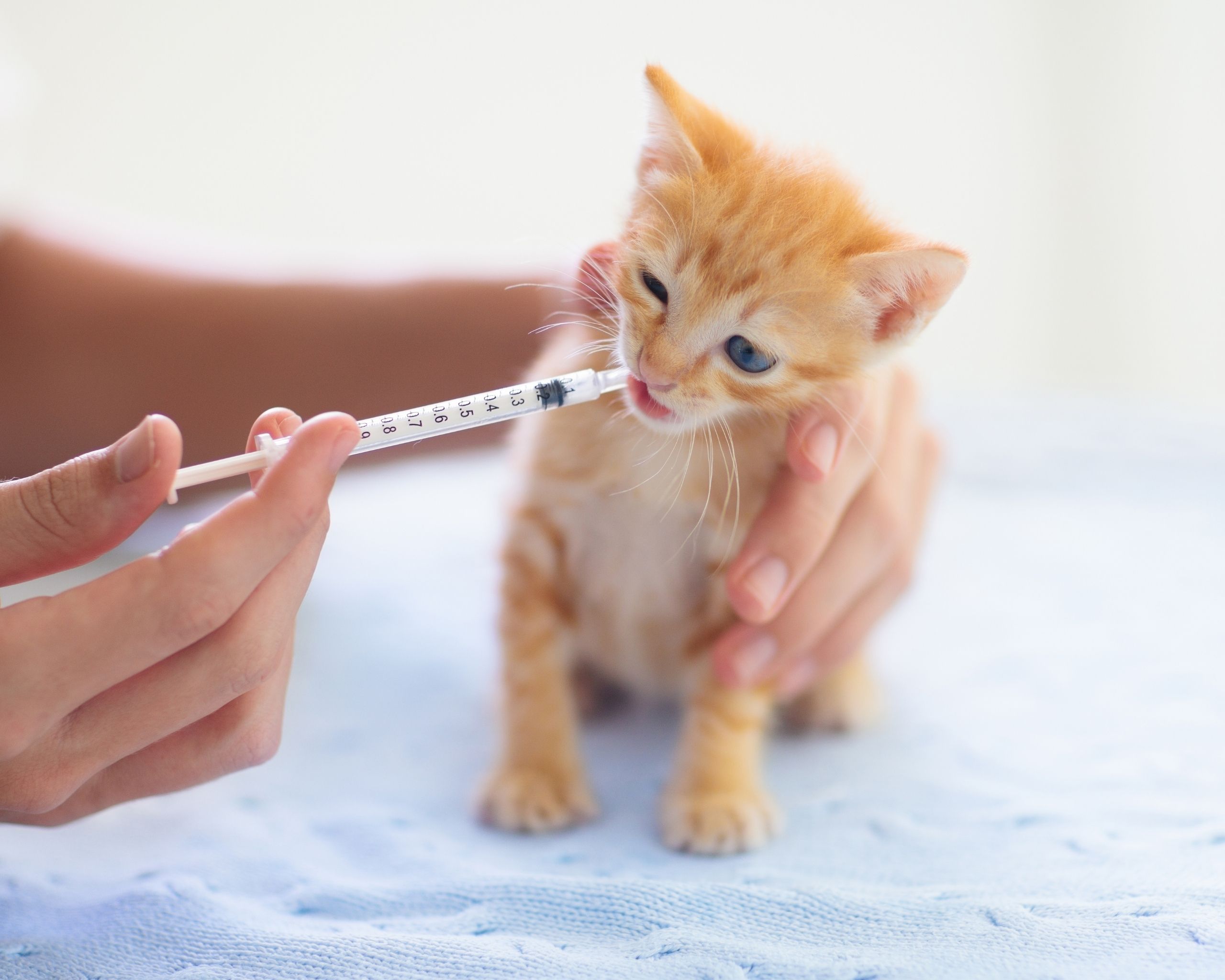Veterinary Services
Pet Preventative Care
This is the mainstay of your pet’s health. Routine vaccinations, deworming, heartworm medication, and dentistry are necessary to keep your pet in tip-top shape.

Pet Preventative Care in Big Spring, TX
At Highland Animal Hospital, we believe that it is much easier to prevent diseases than it is to treat them. We also believe that every patient is an individual and has a unique set of circumstances that may inform us in what their specific preventative care needs might be. Factors that we may consider include breed, age, lifestyle, health status, diet, reproductive status, and even the accompanying human preference. We believe that medicine is not a “one size fits all” practice. As such, each patient will receive a tailored approach to best meet his or her preventative care needs.
We take a team-oriented approach, aiming to educate and empower you, our clients, to make the most educated decisions regarding your pets’ care based on a variety of factors.
Pet Vaccinations
Many of the diseases that can affect dogs and cats are preventable through proper pet vaccinations. From your first visit to Highland Animal Hospital, we’ll make sure your pet is up-to-date on their vaccines and put on a schedule that makes sure they continue to stay up-to-date.
Depending on your pet’s age, medical history, lifestyle, and environment, our Big Spring veterinarian will discuss the best course of action in regard to your pet’s vaccine schedule. You can bring your cat or dog in as early as eight weeks for his or her first round of vaccines.
Vaccines and Side Effects
You may worry about the safety of vaccines for your pets. Most pets don’t experience any side effects. Possible side effects vary based on the vaccination, but most often are mild and may include fatigue, fever, and/or hives. Our veterinarian at Highland Animal Hospital screens your pet thoroughly to ensure the vaccines are safe for your pets. Exams are recommended annually for healthy adult pets and every 6 months for pets over the age of 9 years. Pets may rarely have life-threatening reactions to vaccines. In a majority of cases, the benefits of the vaccine far outweigh the risks, but our veterinarian is ready to help you make the best decision for your pet.
Feline Vaccinations
Canine Vaccinations
Core vaccinations for dogs include Canine Distemper, Parvovirus, Hepatitis, Bordetella, Lepto, and Rabies. By law, dogs must have a rabies vaccination (starting at 12-16 weeks) and receive boosters every three years. We’ll discuss your dog’s risk and determine if he or she should also receive the Canine Influenza, Leptospira bacteria, and/or Lyme vaccine, depending on your pup’s lifestyle.
